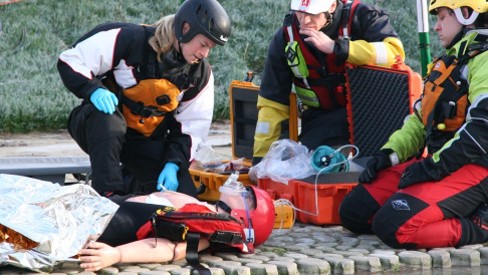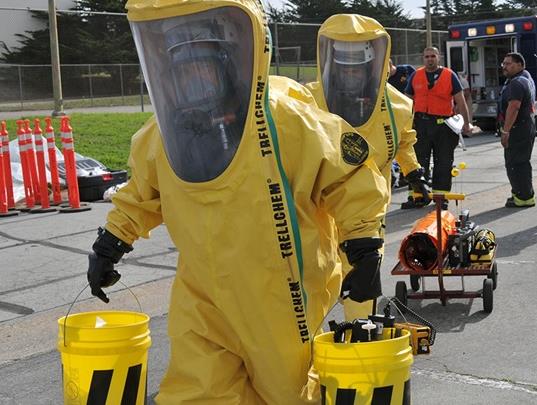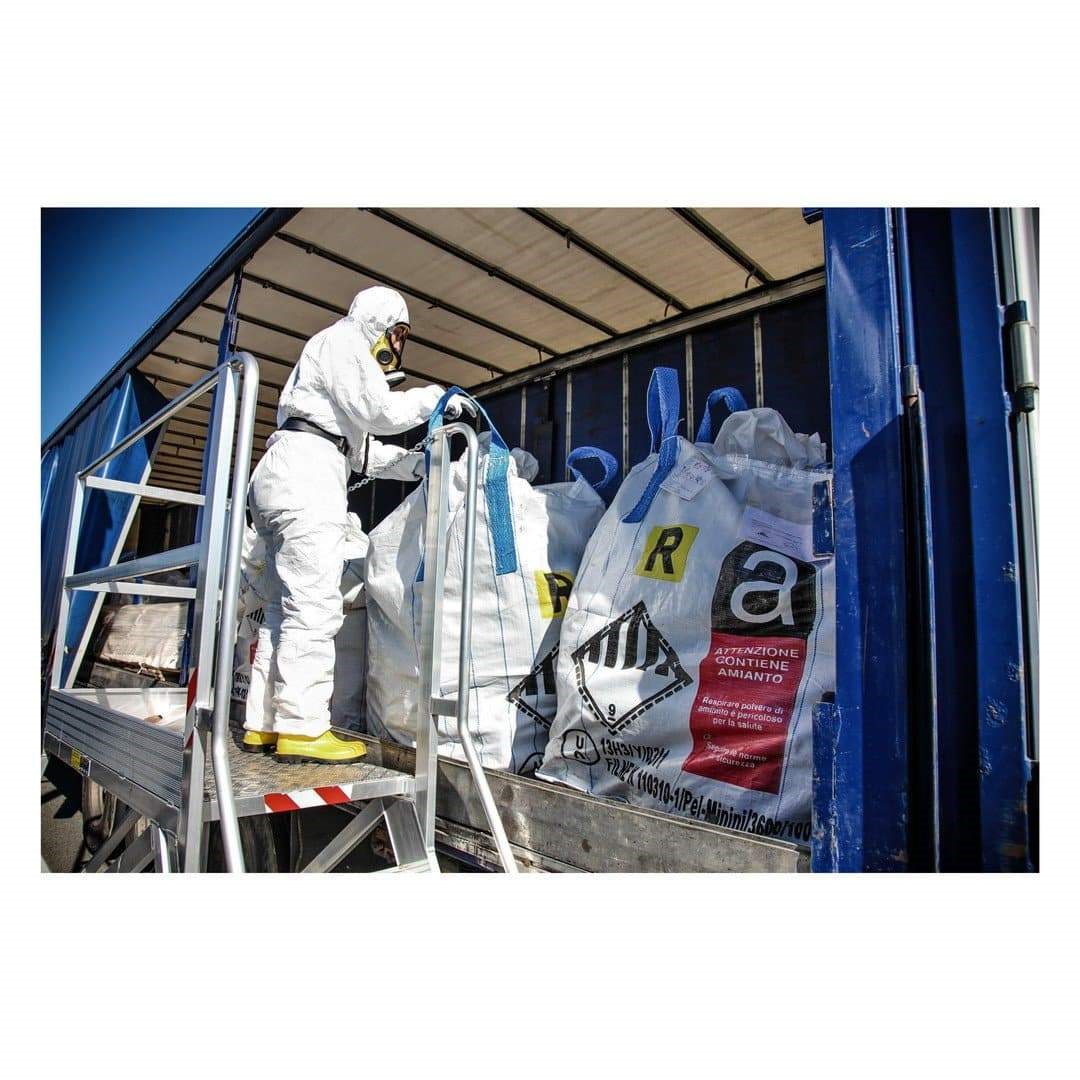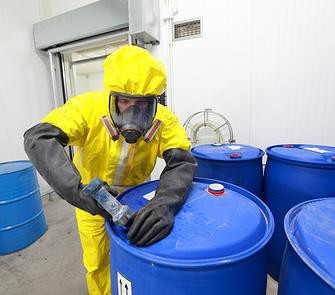COURSE OVERVIEW
HE1074 : ISO 22000: 2018 Food Safety Management (FSMS)

OVERVIEW
| COURSE TITLE | : | HE1074 : ISO 22000: 2018 Food Safety Management (FSMS) |
| COURSE DATE | : | Dec 07 - Dec 11 2025 |
| DURATION | : | 5 Days |
| INSTRUCTOR | : | Mr. Saad Bedir |
| VENUE | : | Dubai, UAE |
| COURSE FEE | : | $ 5500 |
Course Description
This course is designed to provide participants with a detailed and up-to-date overview of food safety management (FSMS) in accordance with ISO 22000: 2018. It covers the fundamental purpose of the food safety management system; the food safety hazards; managing and reducing risk; the concept of food safety risk management as a strategic business driver; the international frameworks and protocols for the safe provision of foods; the general food microbiology and hygienic food practices; the typical hazards associated with the full range of food products from primary production to consumption; and the application of food safety management principles and relevant management tools and techniques.
Further, the course will also discuss the ISO 22000:2018 requirements; the principles of food safety risk management using HACCP and verification planning; the application of the plan, do, check, act (PDCA) cycle to food safety management; the structure, intent and requirements of each clause of ISO 22000:2018; the benefits of documenting a food safety management system and suggest approaches for doing so in a variety of situations; and the difference between legal compliance and conformance with ISO standards including the significance of these terms when conducting audit.
During this interactive course, participants will learn the framework of relevant legislation, codes and practices; the interaction between the food organization and the relevant authorities; the international accreditation forum interpretations and guidelines for 3rd party certification bodies (registrars) including the two-stage approach; the system of accredited certification and registration including the functions of the accreditation bodies & certification bodies and registrars; the existence of private schemes and their differences in content and operation as prescribed by the scheme owners (e.g. BRC, EUREPGAP); the ISO 22000 system audit; and the ISO 22000 continuous improvement.
TRAINING METHODOLOGY
This interactive training course includes the following training methodologies:
LecturesPractical Workshops & Work Presentations
Hands-on Practical Exercises & Case Studies
Simulators (Hardware & Software) & Videos
In an unlikely event, the course instructor may modify the above training methodology for technical reasons.
VIRTUAL TRAINING (IF APPLICABLE)
If this course is delivered online as a Virtual Training, the following limitations will be applicable:
| Certificates | : | Only soft copy certificates will be issued |
| Training Materials | : | Only soft copy materials will be issued |
| Training Methodology | : | 80% theory, 20% practical |
| Training Program | : | 4 hours per day, from 09:30 to 13:30 |
RELATED COURSES

HE0970 : الإسعافات الأولية
- Date: Mar 29 - Apr 02 / 3 Days
- Location: Kuwait
- Course Details Register

HE0581-3D : Certified Radiation Protection Officer (RPO) In-line with the Requirements of the Federal Authority for Nuclear Regulation (FANR)
- Date: Mar 02 - Mar 04 / 3 Days
- Location: Dubai, UAE
- Course Details Register

HE1939 : Industrial Hygiene Certification Program: BOHS-M504: Asbestos and Other Fibres (Accredited by the British Occupational Hygiene Society-BOHS)
- Date: Mar 29 - Apr 02 / 3 Days
- Location: Dubai, UAE
- Course Details Register

HE0904 : Basic Principles of Industrial Hygiene (Certified)
- Date: Mar 29 - Apr 02 / 3 Days
- Location: Al Khobar, KSA
- Course Details Register
